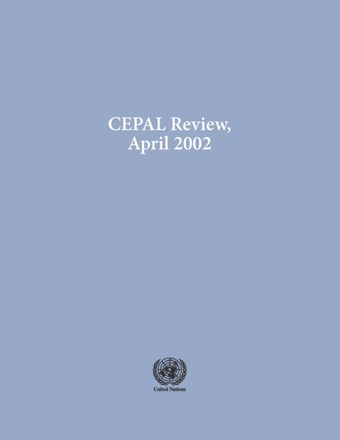-
Challenges for secondary education in Latin America
- Source: CEPAL Review, Volume 2002, Issue 76, 10月 2002, p. 55 - 68
- スペイン語
-
- 06 10月 2006
Abstract
In recent years, most Latin American countries have committed themselves, implicitly or explicitly, to achieving universal provision of a good-quality basic secondary education. Despite the diversity of the situations to be found in the region, it is possible to see that what this commitment means for each of these countries is having to cope simultaneously with educational deficiencies inherited from the past –primarily, incomplete coverage that leaves some adolescents outside the system– and the new challenges raised by the exigencies of change in the organization of work, culture and citizenship. The present article sets out by recognizing this “surfeit of demands” on education, and seeks to show some of the greatest dilemmas and tensions faced by policies to achieve good-quality, universal secondary education in the region.





